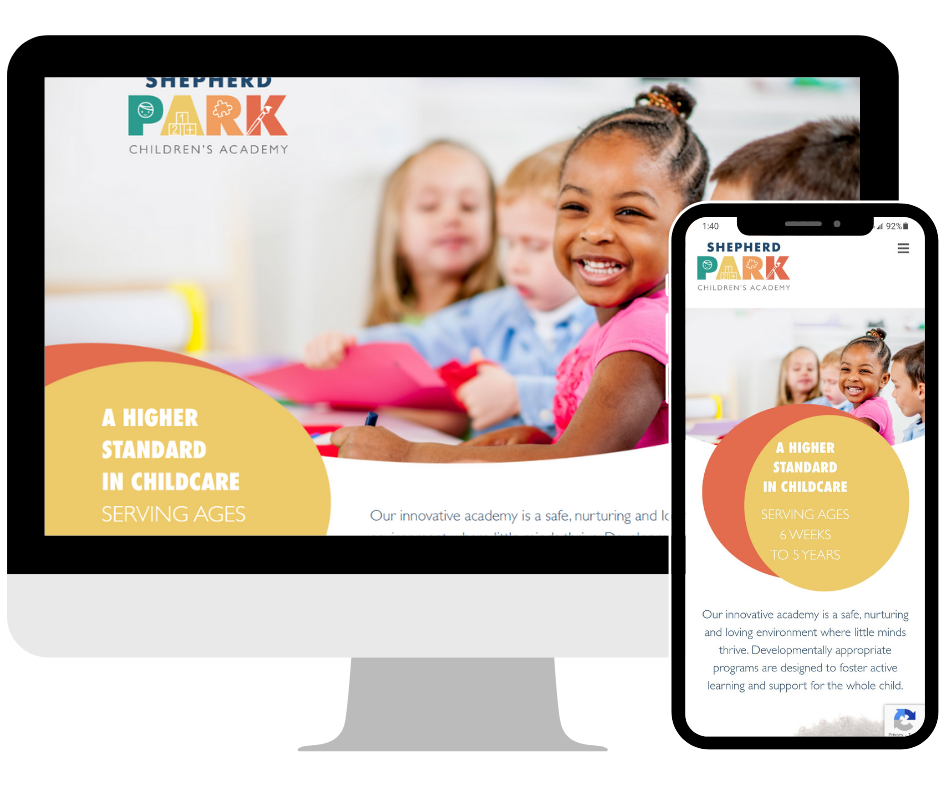Starting a childcare center is a rewarding endeavor that provides a vital service to families in need of quality care for their children. However, before diving headlong into this venture, it is essential to conduct a childcare feasibility study to assess the viability and potential success of your business idea. A feasibility study is a crucial step that helps you make informed decisions, identify potential risks, and develop a solid business plan. In this article, we’ll explore the key steps to conduct a comprehensive childcare feasibility study.
Define The Scope And Objectives
The first step in conducting a daycare feasibility study is to clearly define the scope and objectives of the study. Outline what you hope to achieve through the study, such as determining the demand for childcare services in the target area, evaluating financial viability, and assessing the competitive landscape.
Market Research And Analysis
Conducting thorough market research is vital to understanding the current childcare market and potential demand in your chosen location. Analyze demographic data, such as the number of families with young children, working parents, and income levels. Identify the preferences and needs of parents in terms of childcare services. Additionally, study the existing childcare providers in the area to assess competition and find gaps in services that you can fill.
Financial Projections
Calculate the financial aspects of your childcare center by estimating startup costs, operational expenses, and potential revenues. Consider expenses like rent, staff salaries, insurance, supplies, and licensing fees. Project your revenue based on the number of children you expect to enroll and the tuition fees you plan to charge. This analysis will help determine whether the business is financially viable and sustainable.
Site Selection And Facility Requirements
Choosing the right location for your childcare center is critical to its success. Look for areas with a high concentration of families, accessible transportation, and proximity to schools or workplaces. Assess the physical space requirements, safety considerations, and zoning regulations for operating a childcare facility in that location.
Legal And Regulatory Compliance
Understand the legal and regulatory requirements for starting and operating a childcare center. These may include obtaining licenses, permits, background checks for staff, safety regulations, and health inspections. Compliance with local, state, and federal laws is crucial for building a trustworthy and credible childcare business.
Curriculum And Educational Programs
Developing a robust curriculum that promotes early childhood development is essential for attracting parents and ensuring children receive high-quality care. Research educational programs that align with state guidelines and offer age-appropriate learning experiences.
Staffing And Human Resources
The success of a childcare center heavily relies on its staff. Identify the number of employees required based on the child-to-staff ratio regulations and the services offered. Create a recruitment plan to attract qualified and experienced caregivers. Establish policies for training, professional development, and employee retention.
Risk Analysis And Contingency Planning
Identify potential risks and challenges that your childcare center might face. These may include fluctuations in demand, staff turnover, and unforeseen market changes. Develop contingency plans to address these challenges and ensure your business remains resilient.
Sustainability And Environmental Considerations
Consider incorporating sustainable practices in your childcare center, such as energy-efficient lighting, recycling programs, and eco-friendly materials. These initiatives not only contribute positively to the environment but also appeal to environmentally conscious parents.
Marketing And Promotion Strategies
Plan marketing strategies to attract potential clients and establish your childcare center as a reputable brand. Utilize digital marketing channels, social media platforms, and community engagement to reach out to your target audience. Offer promotional deals and referral programs to encourage enrollment.
Secure high-DA guest post marketplace with fast approval to improve your SEO. Get quality placements that lead to better rankings, more organic traffic, and enhanced website visibility.
Conclusion
Anyone who is considering opening a childcare center should conduct a feasibility study. This study provides you with valuable insight into your potential business success and helps you make informed decisions. You can lay the foundations for a sustainable and successful childcare business by conducting comprehensive market research and financial projections. The success of your childcare facility will not only benefit you but also have a major impact on the children and families that you serve.



.jpg)
